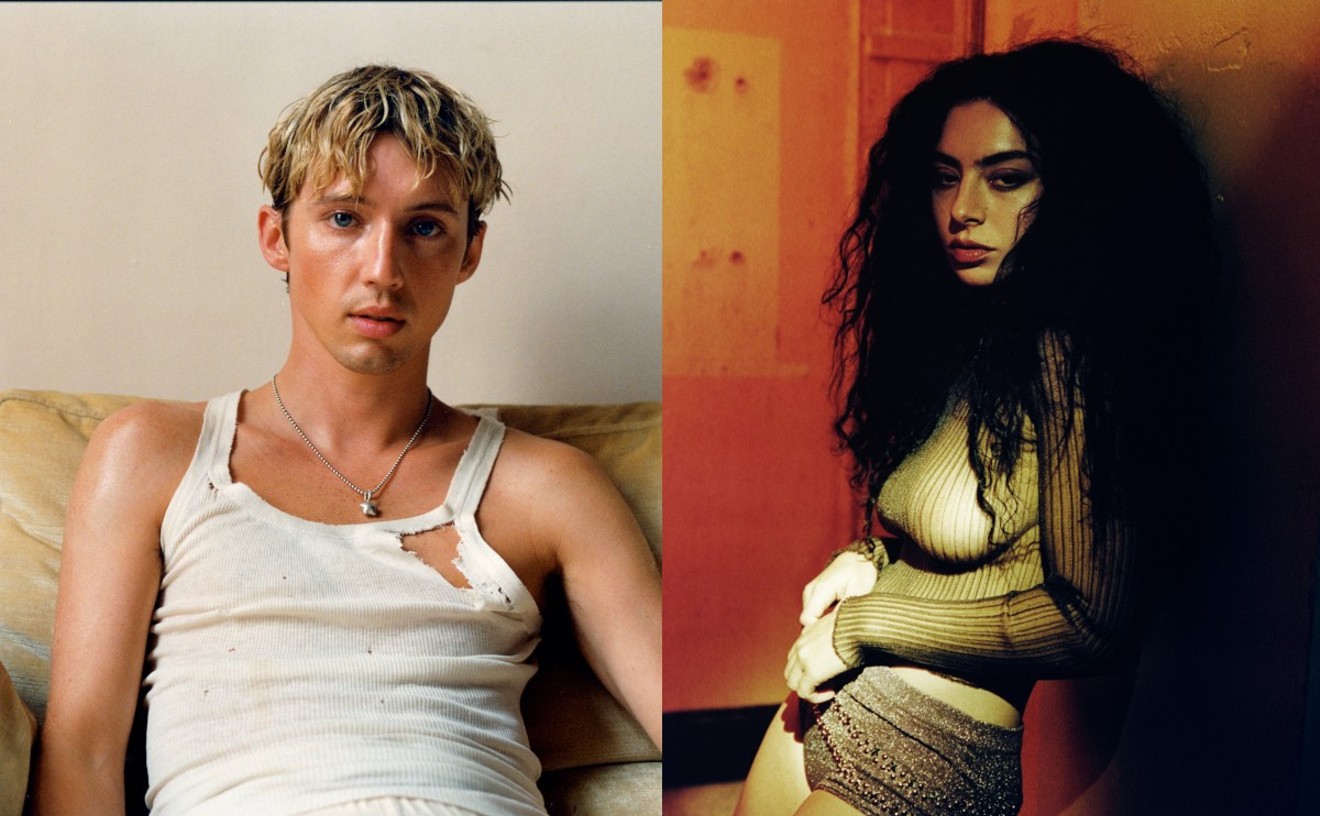At the beginning of yet another headlining tour, the guys of Underoath unwittingly find themselves elder statesmen of the particular branch of post-hardcore they helped create. Playing in support of the band's seventh studio album, last year's Ø (Disambiguation), the six-piece enjoys the unlikely honor of having musical predecessors Thursday as an opener.
Underoath guitarist Tim McTague is just as surprised by this flip-flop as anyone. "[With both Thursday and ourselves], we're mutually looking at what's going on in music now and going, 'What the heck's going on?' There's an evident change that we've transitioned to where we're the new 'old' guys," he says. "I don't think it's something necessarily that we wanted, but it's something that's happened."
For perspective, though, consider that McTague is just 27 years old. But success came preternaturally early for Underoath, which got its start in the late '90s via the usual all-ages, underground circles around Ocala and Tampa. The original members were still teenagers at the time, but their early signature style, which blended brutal guitars with snatches of poppier vocals and melodies, positioned the group for massive success when the sound bubbled over into the mainstream in the mid-'00s.
Unlike many of the watered-down acts still treading in those tracks today, though, Underoath had no model then for guaranteed commercial success – and McTague bemoans the fact that many of the band's once-removed followers do. "When we started, there wasn't a chance of getting on Warped Tour. There wasn't a chance of getting a management deal," he recalls. "Now, it's like there's a five-step program for getting huge. It taints everything; it's a little bit of poisoning the well, so to speak. And I just think it's not good for our scene at all."
It's to that end, perhaps, that Underoath has seemed to purposefully buck Warped Tour trends since its fifth album, 2007's Define the Great Line. That record took a markedly heavier turn into almost pure metal, mixed with synth experiments and ambient textures. It's a sound fully brought to bear on Ø, which lumbers along under crushing, almost sludgy guitars and vocalist Spencer Chamberlain's tortured, blood-vessel-bursting shrieks.
With the departure last year of the band's final remaining original member, drummer/backing vocalist Aaron Gillespie, also gone are his signature adenoidal harmonies and the last traces of pop. It's a move that boldly distances Underoath from the dead-end trends of new tight-pantsed acts. And, especially in the Radiohead-outtake-sounding song "Driftwood," it signals an exciting array of potential new avenues for textural exploration.
And if this direction continues to click with massive numbers of fans, cool, McTague says, but if not, that's OK too. "I personally take a lot of pride in the fact that we've never bent for anyone, musically. We may not have as much success as, insert ten other bands here, but the success we have had is ten times more than we ever thought, and we did it on our own terms," he says. "I think that every record we do is more of a testament to that."










